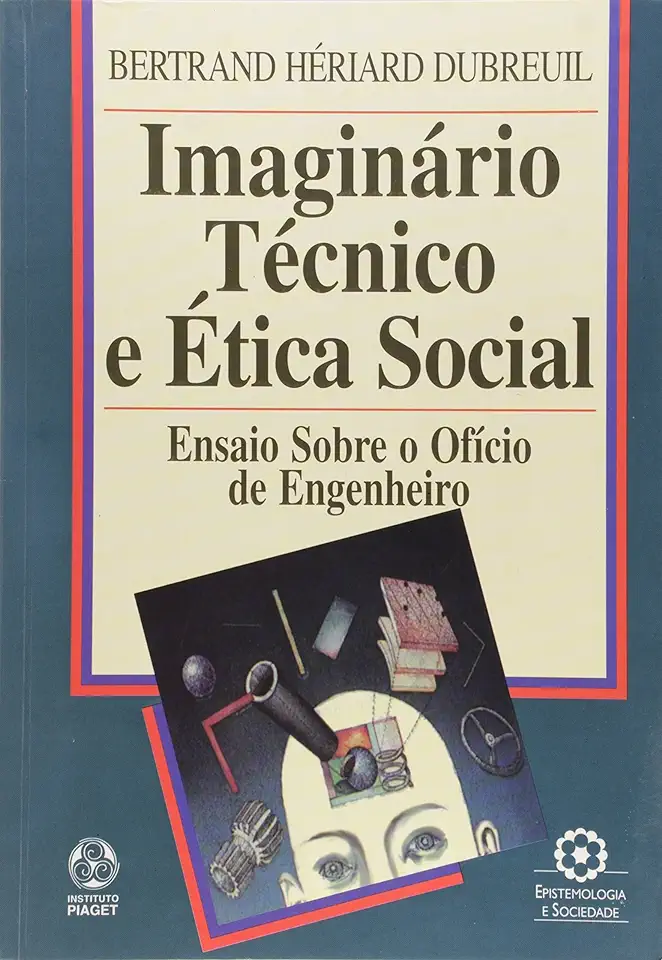
Technical Imaginary and Social Ethics - Heriard Dubreuil
Technical Imaginary and Social Ethics: A Review
Introduction
In his book "Technical Imaginary and Social Ethics," Heriard Dubreuil offers a novel and provocative exploration of the relationship between technology and ethics. Dubreuil argues that technology is not simply a neutral tool, but rather a powerful force that shapes our social and ethical values. He draws on a wide range of examples, from the development of the printing press to the rise of the internet, to show how technology has profoundly influenced our understanding of the good life and the just society.
The Technical Imaginary
Dubreuil begins by introducing the concept of the "technical imaginary." This term refers to the shared beliefs and assumptions about the nature and potential of technology. Dubreuil argues that the technical imaginary is not something fixed and unchanging, but rather something that is constantly evolving and being shaped by our interactions with technology.
For example, in the early days of the printing press, many people believed that it would lead to a more informed and enlightened society. However, as the printing press became more widespread, it also led to the spread of misinformation and propaganda. This led to a reassessment of the technical imaginary, and a recognition that technology can be used for both good and evil.
The Social Impact of Technology
Dubreuil goes on to explore the social impact of technology. He argues that technology has the power to transform our social relations, our institutions, and our values. For example, the development of the automobile led to the rise of suburbia and the decline of public transportation. The rise of the internet has led to new forms of communication and social interaction, and has also raised new questions about privacy and security.
Dubreuil argues that we need to be aware of the social impact of technology and to make conscious choices about how we use it. We need to ensure that technology is used to promote human flourishing and not to undermine it.
Ethical Issues in Technology
Dubreuil concludes by discussing some of the ethical issues raised by technology. He argues that we need to develop a new social ethics that takes into account the unique challenges and opportunities of the technological age. This ethics must be based on the values of human dignity, justice, and sustainability.
Dubreuil's book is a timely and important contribution to the debate about the relationship between technology and ethics. He offers a unique and provocative perspective that will challenge readers to think critically about the role of technology in our lives.
Why You Should Read This Book
"Technical Imaginary and Social Ethics" is a must-read for anyone interested in the relationship between technology and society. Dubreuil's book is a well-written and thought-provoking exploration of this complex topic. He draws on a wide range of examples to illustrate his arguments, and he does an excellent job of weaving together theory and practice.
This book is essential reading for anyone who wants to understand the impact of technology on our lives and to make informed choices about how we use it. It is a valuable resource for scholars, policymakers, and anyone else who is interested in the future of technology and society.
Conclusion
"Technical Imaginary and Social Ethics" is a brilliant and important book that will change the way you think about technology. Dubreuil's work is a major contribution to the field of technology studies, and it is sure to have a lasting impact on our understanding of the relationship between technology and society.